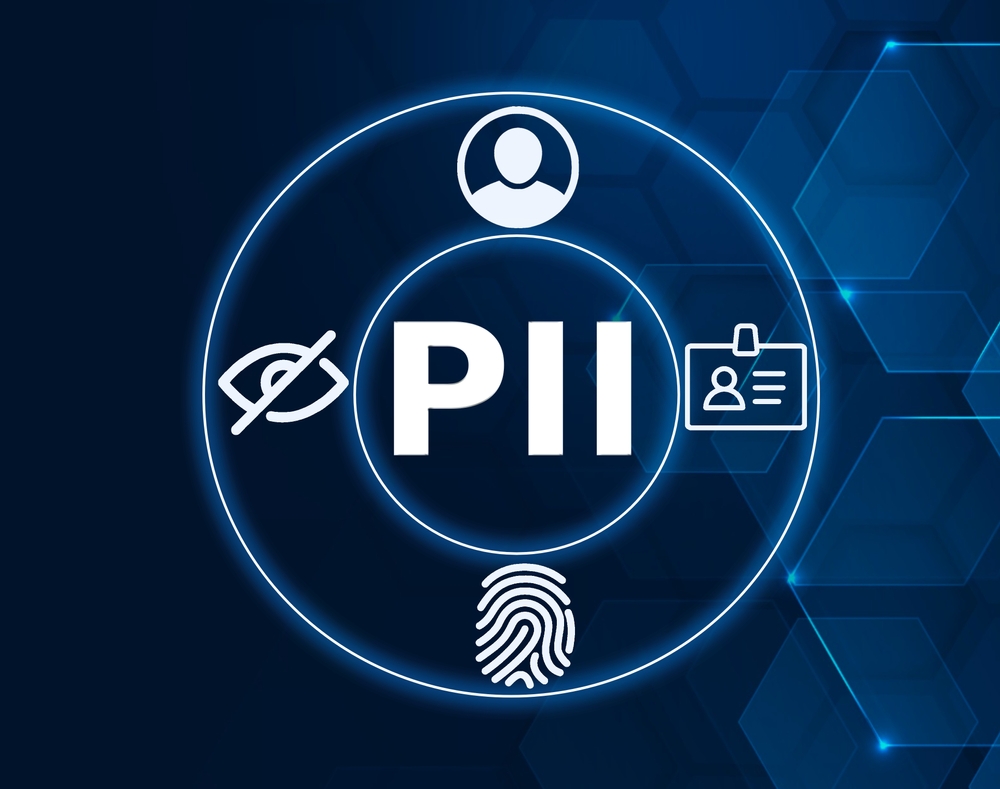This article highlights the technical challenges in redaction of PII, PCI and PHI information in call center recordings for compliance requirements. It is focused on CIOs, CISOs and VP Info-Secs of Enterprises and BPOs that are responsible for compliant recording and storage in their Call Centers. It is also relevant to Product and Engineering leaders of Voice AI software companies targeting the call center.
PII redaction is a major requirement in regulated industries like telecom, financial services, health care and government. These call routinely deal with a lot of Personally Identifiable Information (PII) and Personal Health Information (PHI). In addition if a call center is processing payments, it needs to adhere to standards of PCI-DSS.
How does Redaction work?
Redaction of Call Center recordings involves 3 main steps, 1) Transcription 2) Named-Entity Recognition of PII/PHI/PCI entities and 3) Redaction (in both Audio & Text) of these entities. In order to be compliant with standards like PCI and HIPAA, it is important that before storing the audio data and text transcript long-term, all such PII information is masked in text and removed in audio prior to storage.
Key Technical Challenges in Redaction
1. Simplistic Algorithms designed for mono channels will not work
Most modern call center recordings are 2-channel or stereo. A simplistic algorithm designed for mono-channel recording will not work. For example, establishing that a credit card is being requested by the Agent can span multiple turns in the conversations. The NER algorithm while establishing context has to consider both channels. Also establishing where the context starts and ends is an important criterion.
2. PII information is provided in imprecise ways
In real-world conversations, customers are not very precise while sharing PII information. For example when they share their credit card number they can make mistakes while reading out the 15 or 16 digits. The Agent may not hear certain digits and ask the user to confirm or repeat certain digits. So when you are designing the algorithm to identify the PII entities it needs to be ablet to correct for all of this.
3. Speech Recognition Errors
Transcription accuracy especially in telephone conversations, which encode the audio in 8kHz, may result in missed or additional digits. Having a simple rule related to digit length - say 15 for American Express and 16 for Visa will not work. Also sometimes digits may get recognized as words based on accents. For example "eight" may get recognized as "ate" if spoken with an accent.
4. Context Windows
As shared in the first point above, the problem becomes one of establishing a context window where the PII information is shared. In the first place, it needs to be long enough to even recognize that PII information is being requested. However extending the context window too much could start to introduce false positives. There may be other important numbers - for example say a tracking number or confirmation number that is also spoken not too far from the PII information.
Net-net designing an algorithm that is able to look across two channels for stereo recordings, account for speech recognition errors and perform accurate PII entity recognition over turns of a conversation with a well-balanced context window is the key to successful PII redaction.
Achieved 95% Redaction Accuracy for Sutherland Global
We partnered with Sutherland Global, a Top 10 BPO, to build a compliant recording for their large install base of Fortune 500 companies. The Voicegain platform - which performs both transcription and PII compliant redaction- is deployed in their VPC. We tuned our algorithm over several months to get it to pass stringent test criteria.
Today our PII Redaction has achieved an accuracy of over 95%.
Get in touch
If you are looking to build a PII/PCI/PHI compliant recording solution, please give us a shout. We would love to share our experiences. Email us at sales@voicegain.ai



